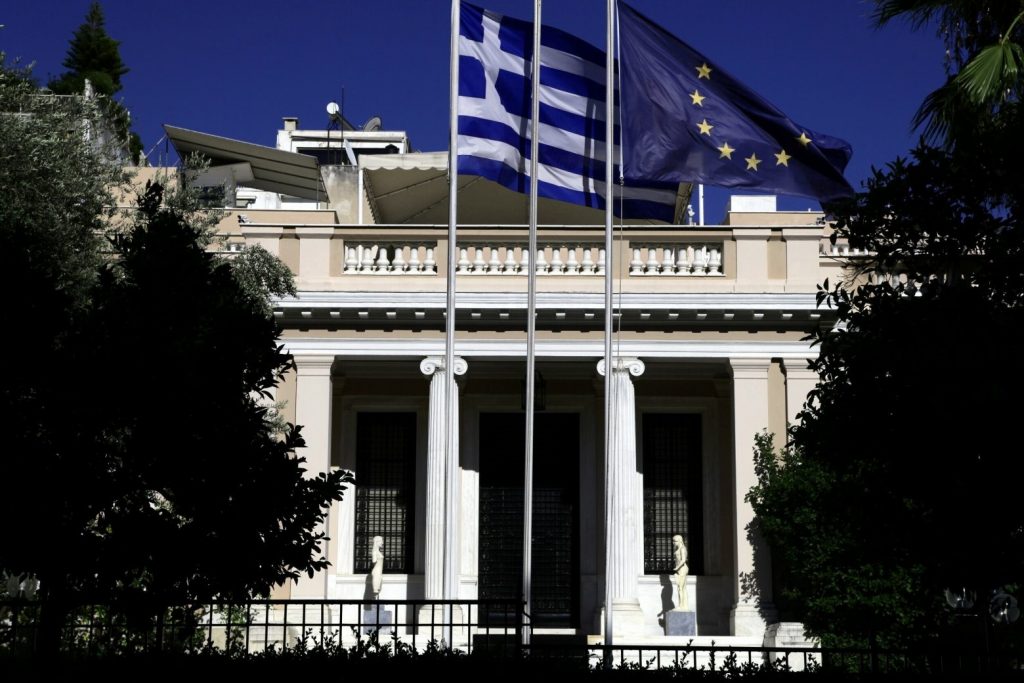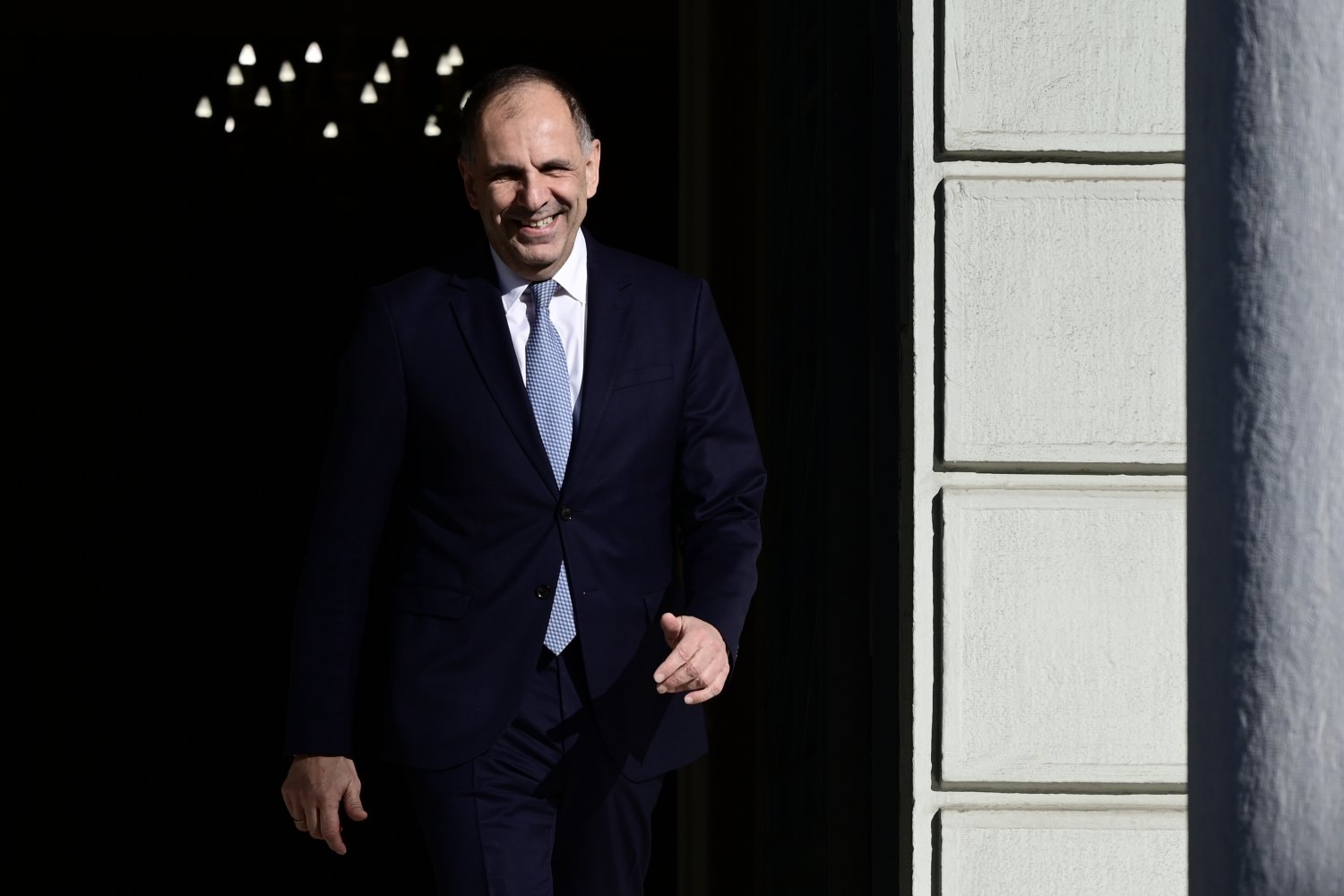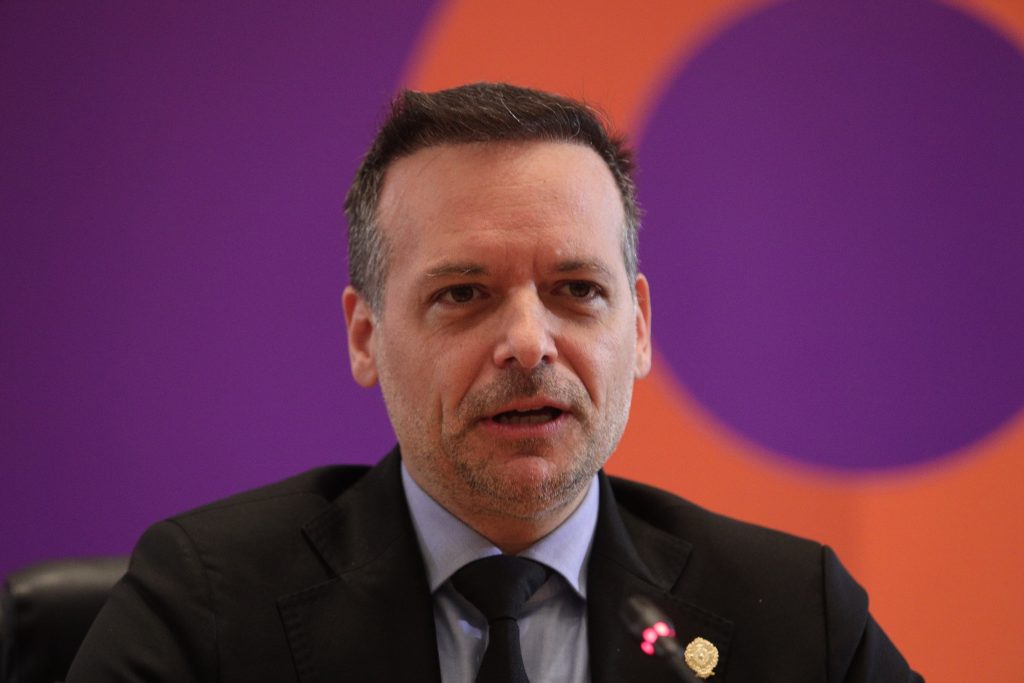Greek Foreign Minister George Gerapetritis will receive political leaders of the country’s opposition parties at the Ministry of Foreign Affairs on Wednesday, Dec. 11. The minister will be briefing the leaders on issues of national interest, with a focus on Greek-Turkish relations, the Cyprus issue, and the evolving situation in Syria.
As reported during the briefing sessions, set to start at 9 o’clock with PASOK’s Nikos Androulakis, Greek Foreign Minister Gerapetritis is anticipated to present Greece’s policy positions as it prepares to assume the role of a non-permanent member of the United Nations Security Council during a challenging international period. The next two years will see the Council addressing global crises such as the wars in Ukraine and Gaza, the transition in Syria, and challenges in Africa and the Indo-Pacific region.
The briefing’s key focus is expected to be Greek-Turkish relations, particularly preparations for the upcoming Supreme Cooperation Council meeting, which will probably take place in Ankara, in February. The bilateral discussions are anticipated to revolve around advancing dialogue and seeking common ground, especially on the critical issue of delimiting the continental shelf and exclusive economic zones.
The opposition has broadly criticized this process, though there are exceptions. Opposition parties positioned to the center and left, like PASOK, SYRIZA, and New Left support dialogue with Turkey but raise specific concerns, while parties to the right of New Democracy reject the approach entirely, viewing it as a path to concessions.
The political leaders’ questions and George Gerapetritis’s responses will be of significant interest. The opposition is expected to express fears that the current rapprochement facilitates Turkey’s relations with the EU while compromising Greece’s sovereign rights. The briefing is scheduled to conclude by 4:00 p.m.
Relations between Greece and Turkey are in a thawing process as both Athens and Ankara are attempting to find common ground on issues of low intensity, such as trade and cultural issues. However, some pundits fear that Turkey’s projection of power in the wider region of the eastern Mediterranean, especially its active role in the historic developments in Syria, signifies its true intentions of an expansionist foreign policy.




